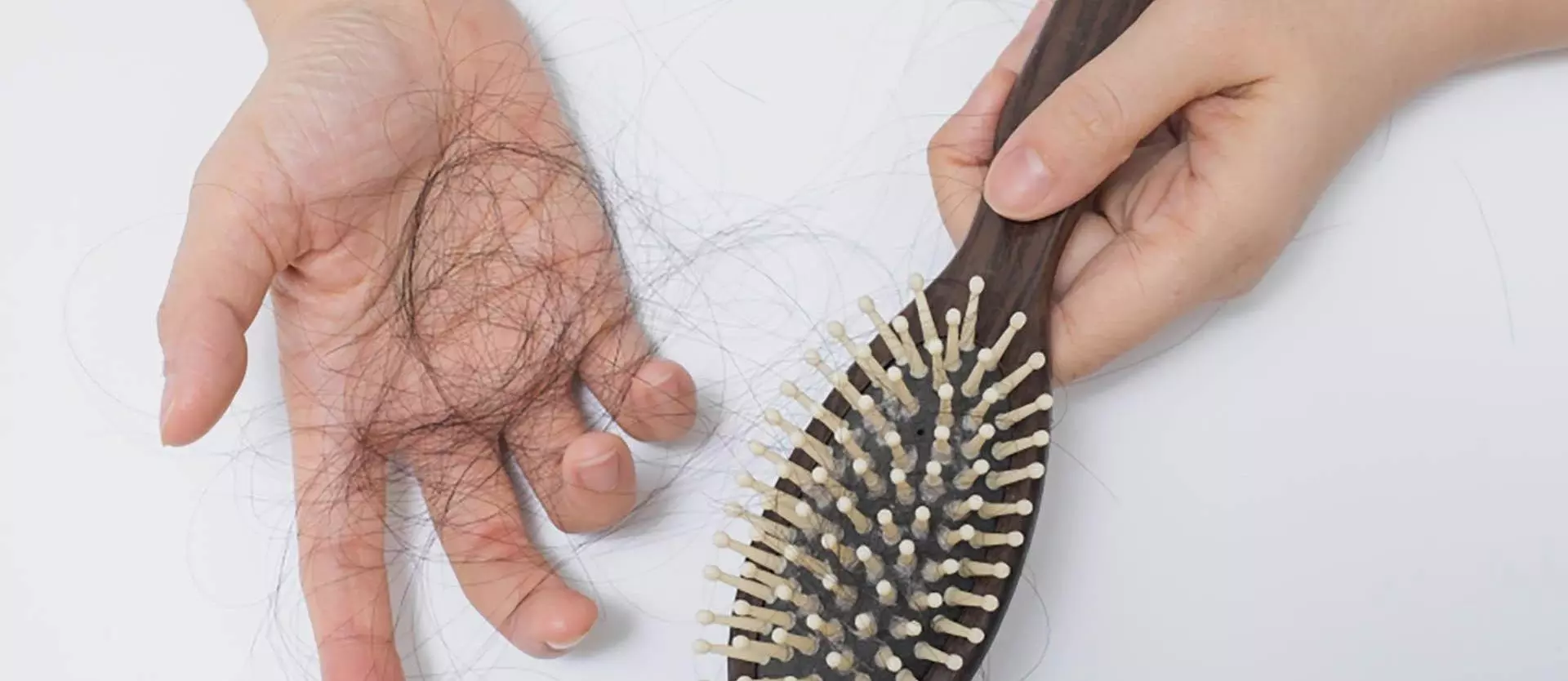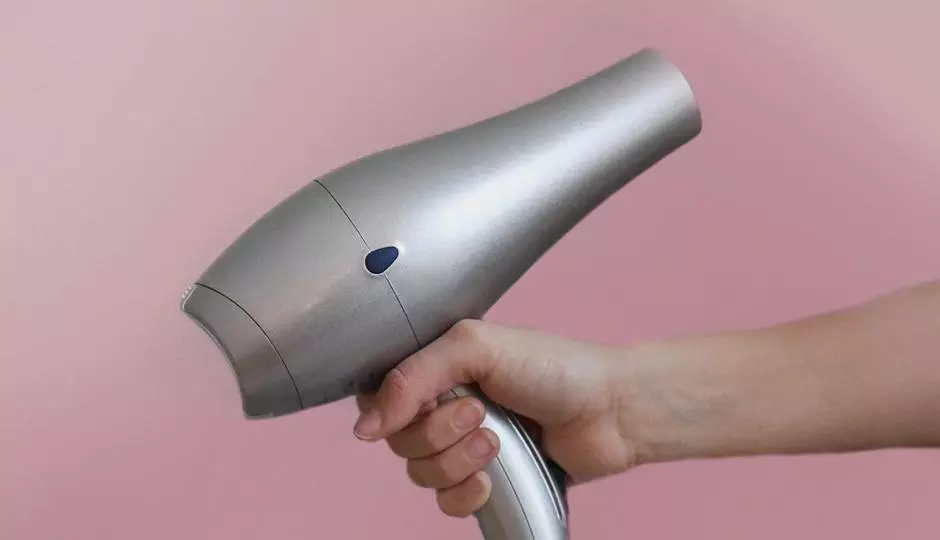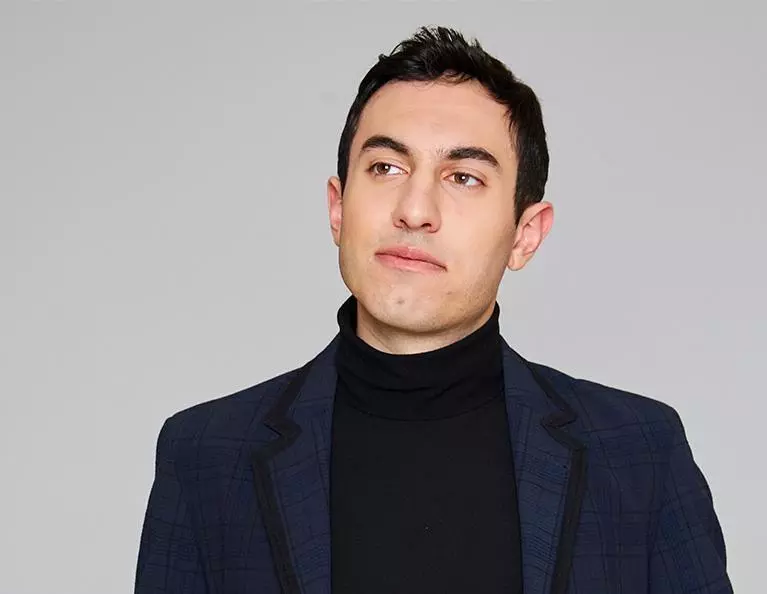Chemotherapy is one of the harshest medical treatments to the body. While it is highly effective in helping many cancer patients to overcome their condition, it is also damaging to just about any cell in your body. These combinations of medications work to kill cells in the body that are growing and multiplying in the hopes of getting rid of all cancer that's developing and potentially spreading. As a result, it often impacts growing hair. If you are struggling with the way your scalp feels or the way your hair looks after chemotherapy, now is the best time for you to take action.
Start During Chemotherapy
One of the first things to know about treatment for this type of damage can start as soon as you need it to. Do not wait until after you've stopped getting treatment to start doing something about the way your skin and hair feel.
The good news is that your doctor can often give you some tips and helpful steps to take even during treatment. There are a few things to keep in mind:
- You should always tell your doctor about what's happening with your skin, hair, nails, and other areas of your body as a result of chemotherapy.
- Tell your doctor about the types of treatments you plan to use to treat the side effects you are experiencing.
- You can and should take notice of changes happening to you. If your doctor says they are not normal, he or she may need to adjust your medications to ensure you remain safe.
Helpful Treatment Options Associated with the Results of Chemotherapy
Now that you have some idea of when to get started - right away - you need to know what to do. These tips can provide you with some guidance to get started.
Address an Itchy Scalp And Skin
During chemo, it's very common for an itchy scalp and skin to occur. It can be brought on by various factors. In many cases, the medications cause dry skin. That skin often occurs at the scalp level. It can be very common in individuals over the age of 50 getting chemotherapy. In some cases, it can be a symptom of cancer itself and should not be avoided. If you have this type of feeling, you may be able to get some relief. You can often use a hydrocortisone cream on impacted areas. This can help to soothe the aches and pains while also working to reduce the inflammation. Be sure to talk to your doctor about any open wounds you may have so they treat you promptly.
Treat Hair Loss
It is, unfortunately, common for many patients to lose their hair during chemotherapy. This is due to the medications working to stop the growth cycle of your hair. You cannot stop this from happening. However, once your hair begins to grow again, there are some things you can do to ensure it remains healthy.
- Always use gentle products. Avoid any type of hair care product that contains chemicals in it. Look for gentle products, such as those designed to be used on sensitive skin.
- Organic is always going to be best. Spend a bit more to purchase a high-quality, 100 percent organic product for your hair.
- Don't use any chemical treatments including chemical straighteners or any type of deep conditioning. You should even avoid coloring your hair whenever possible. Give it time to overcome the stress and strain before you put it through chemical treatment.
- Keep your hair short. It's common for women to struggle with this especially if they've had long hair all of their life. However, it's easier to manage and less likely to hold you back if you do lose all of your hair.
- Do consider wigs. High-quality products look fantastic and can do a great deal for your self-esteem.
When your hair is growing back, treat it gently. Avoid any chemicals or other intense treatments for six months or more. And, most importantly, be gentle with it by eating a healthy diet and, if possible, reducing stress.
Contact the hair specialists at Unique Hair Concepts to learn more.






